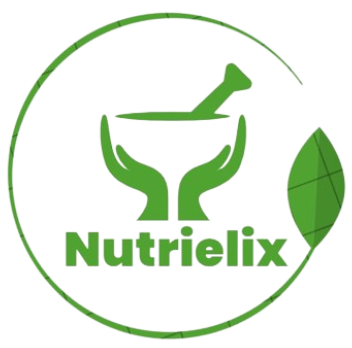What are superfoods?
A superfood is a nutrient-rich food that has health benefits. However, there is no specific definition for “superfood.” Although, in 2007, the European Union banned the use of “superfood” on labels that didn’t have a specific, authorized health claim.
Foods that are rich in antioxidants, vitamins, and fibers and have many health benefits can be called superfoods. The banana is the first superfood in history. The marketing of the United Fruit Company made the banana the first-ever superfood.
The word ‘Superfood’ is tempting. Everyone wants to have superfoods in their meals. But, it isn’t necessary to have superfoods to meet your daily needs. You can also fulfill your needs by consuming other foods. Just focus on the amount of calories, vitamins, antioxidants, and fibers you’re taking. Claimed superfoods are rich in health benefits, so taking superfoods is a good choice, but not necessary.
20 Superfoods to Boost Your Nutrient Intake
- Berries: Berries are called the number one superfood because they’re full of antioxidants, high in fiber, and low in calories. Various types of berries exist, such as blueberries, raspberries, strawberries, blackberries, and cranberries. Their antioxidants may lower the risk of diabetes. Also, they contain high amounts of flavonoids which reduce the chance of heart disease and other diseases.
- Avocado: A nutrient-dense fruit rich in healthy fats, vitamins K, C, E, and B-6, as well as riboflavin, niacin, folate, pantothenic acid, magnesium, and potassium. It contains monounsaturated fats which can reduce reduce inflammation in the body and have some other benefits .
- Banana: A good source of vitamins C and B6, they offer dietary fiber and are known for their potassium content. Its full of fiber which improve digestion . Banana can moderate blood suger level. It also contain powerful antioxidants.
- Pomegranate: Loaded with antioxidants, they’re beneficial for heart health and may have anti-cancer properties. It also claimed that pomegranate could prevent cardiovascular disease.
- Broccoli: A cruciferous vegetable high in vitamins C, K, and various bioactive compounds with potential health benefits. It could help with weight loss.
- Seafood: Provides essential omega-3 fatty acids, which are beneficial for heart health and brain function. Fish is fulled with healthy fat. It can reduce heart disease and Alzheimer’s. Flaxseed is a great source of omega-3 fatty acids for those who don’t consume fish.
- Garlic and Onions: Known for their therapeutic effects, they can lower cholesterol and blood pressure, and have anti-cancer properties. It reduce the risk of diabetics. It has antibacterial and antiviral properties.
- Mushrooms: Offer a rich source of fiber, protein, and antioxidants. They may also help to lessen the risk of developing serious health conditions. Mushrooms are also used as a medicine in the treatment of breast cancer.
- Nuts and Seeds: Packed with protein, fiber, healthy fats, and various vitamins and minerals. They can regulate body weight, reduce the risk of obesity and support heart health. Nuts are also called ‘supernuts’ and Walnuts are at the top of the list.
- Olive Oil: Particularly extra virgin olive oil, is rich in monounsaturated fats and antioxidants, with anti-inflammatory properties. It may reduce chronic disease by its biologically active antioxidants.
- Dark, Leafy Greens: Provide a wealth of nutrients including iron, calcium, magnesium, and vitamins C, E, K, and many others.
- Ancient Grains: Grains that have been largely unchanged over the last several hundred years. They are generally more nutritious and healthier than modern grains.
- Citrus Fruits: High in vitamin C, fiber, and various beneficial compounds. They may boost heart health and aid digestion.
- Kombucha and Kimchi-Cabbage: Fermented foods that are rich in probiotics, which can improve gut health and boost immunity.
- Dark Chocolate: Contains antioxidants like flavonoids, which may reduce heart disease risk and improve brain function.
- Sweet Potatoes: High in fiber, vitamins, and minerals, including vitamin A, C, and manganese. They’re also rich in antioxidants.
- Beans and Legumes: Excellent sources of plant-based protein, fiber, vitamins, and minerals. They can improve heart health and help control blood sugar levels.
- Eggs: A great source of high-quality protein, vitamins, and minerals, including B12, riboflavin, and selenium.
- Chia Seeds: Packed with omega-3 fatty acids, fiber, and protein. They can improve digestive health and are a good source of several minerals.
- Beets: Rich in fiber, folate, manganese, potassium, iron, and vitamin C. They have numerous health benefits, including improved blood flow and lower blood pressure.



